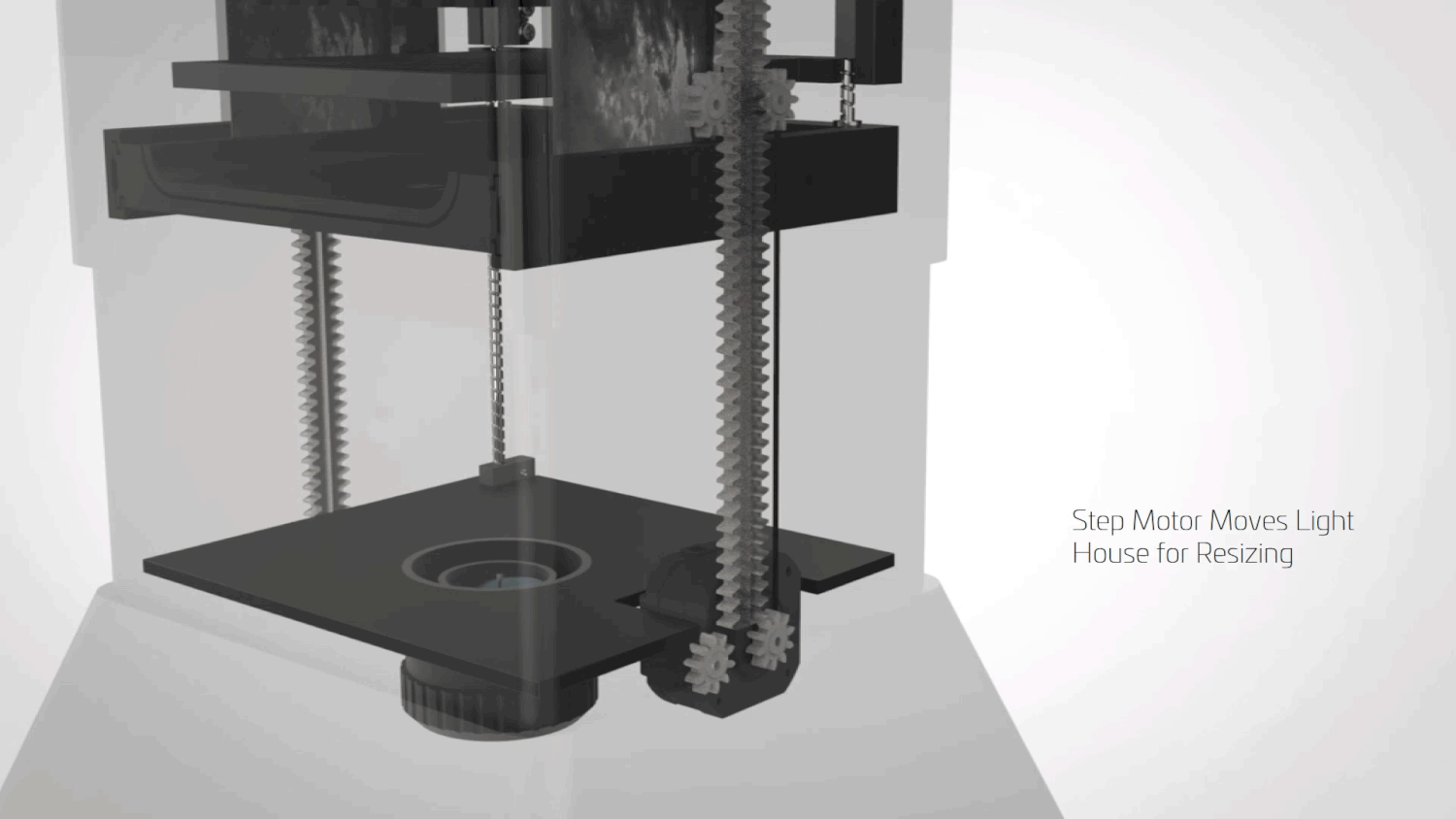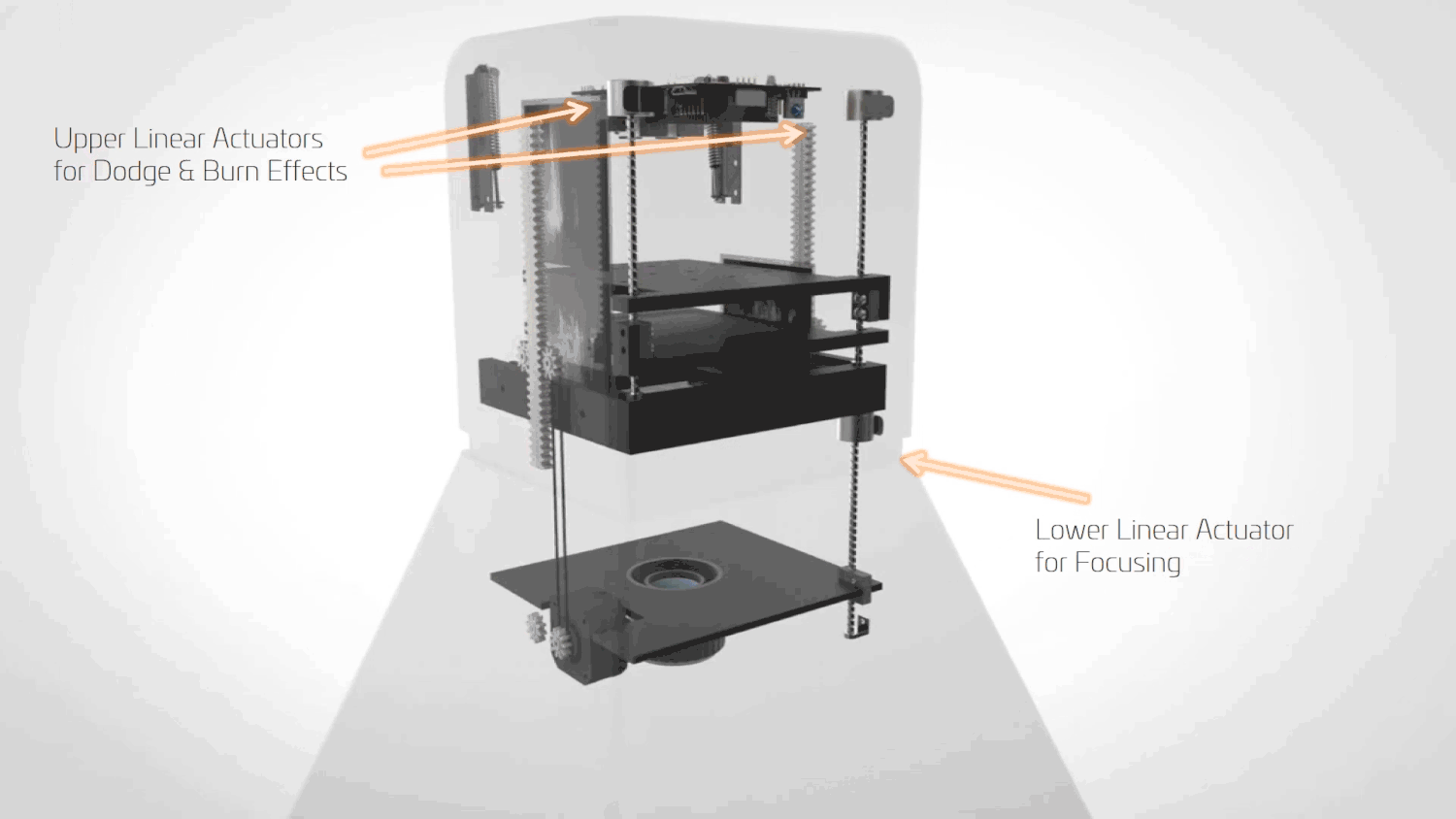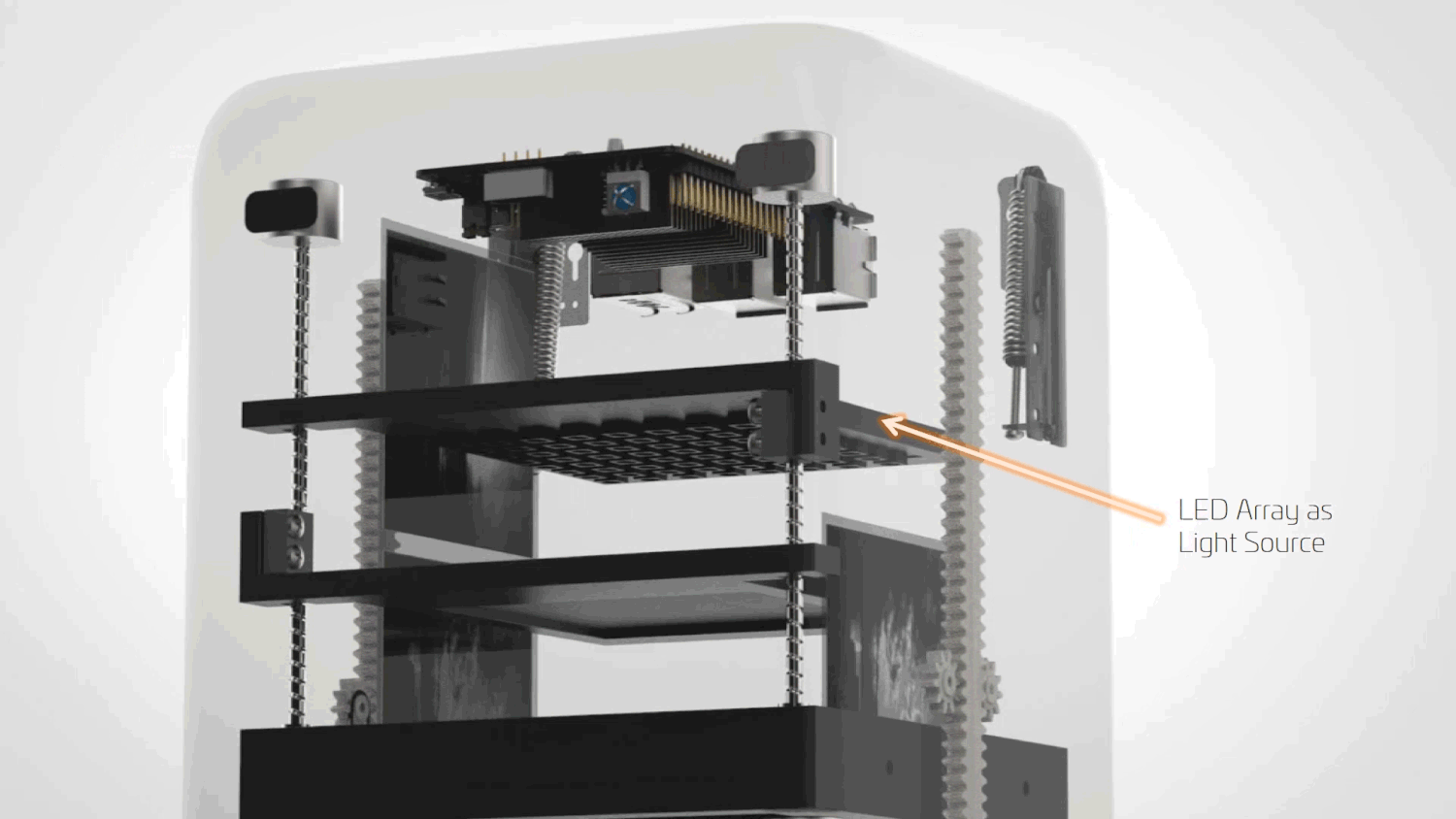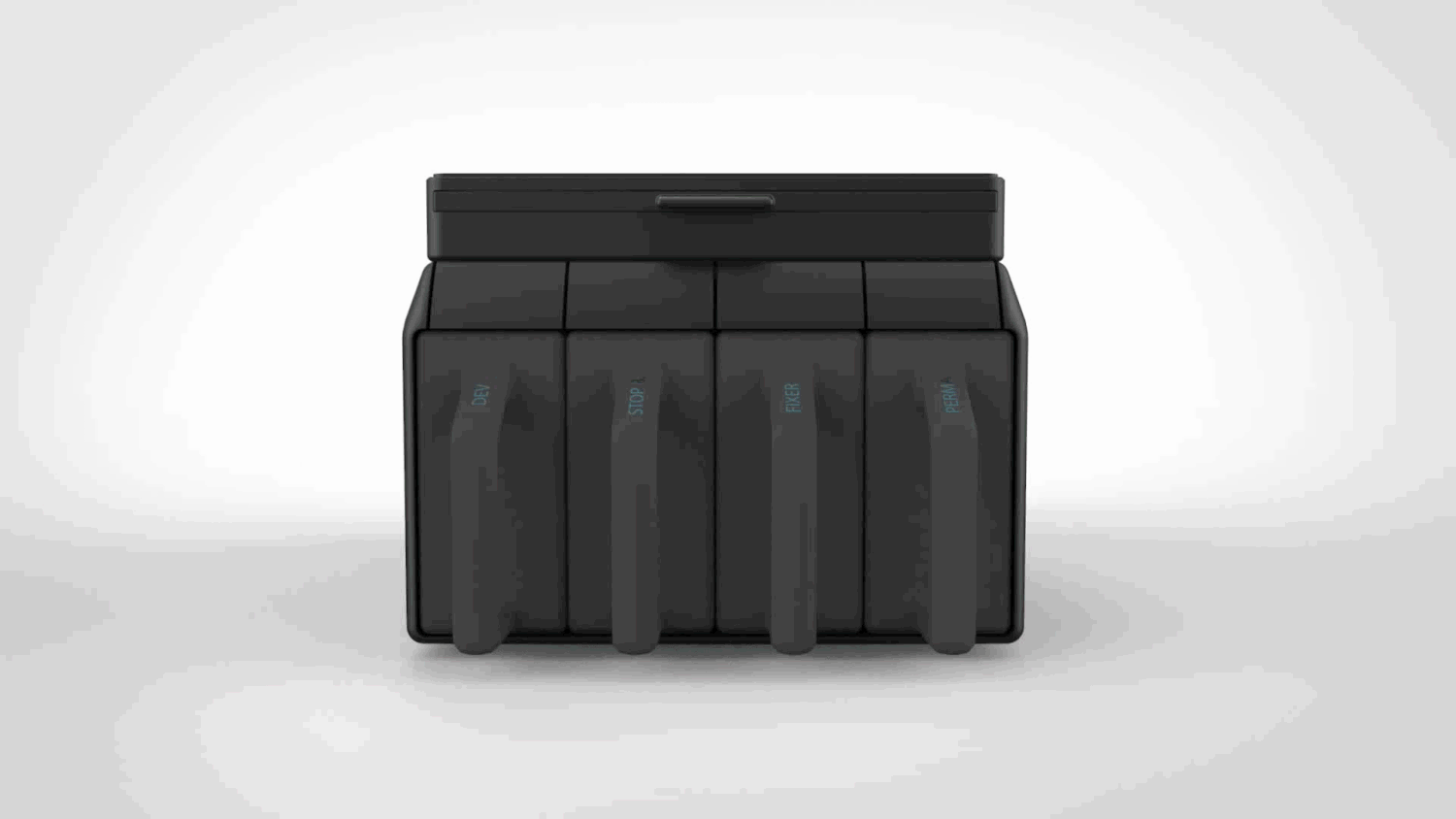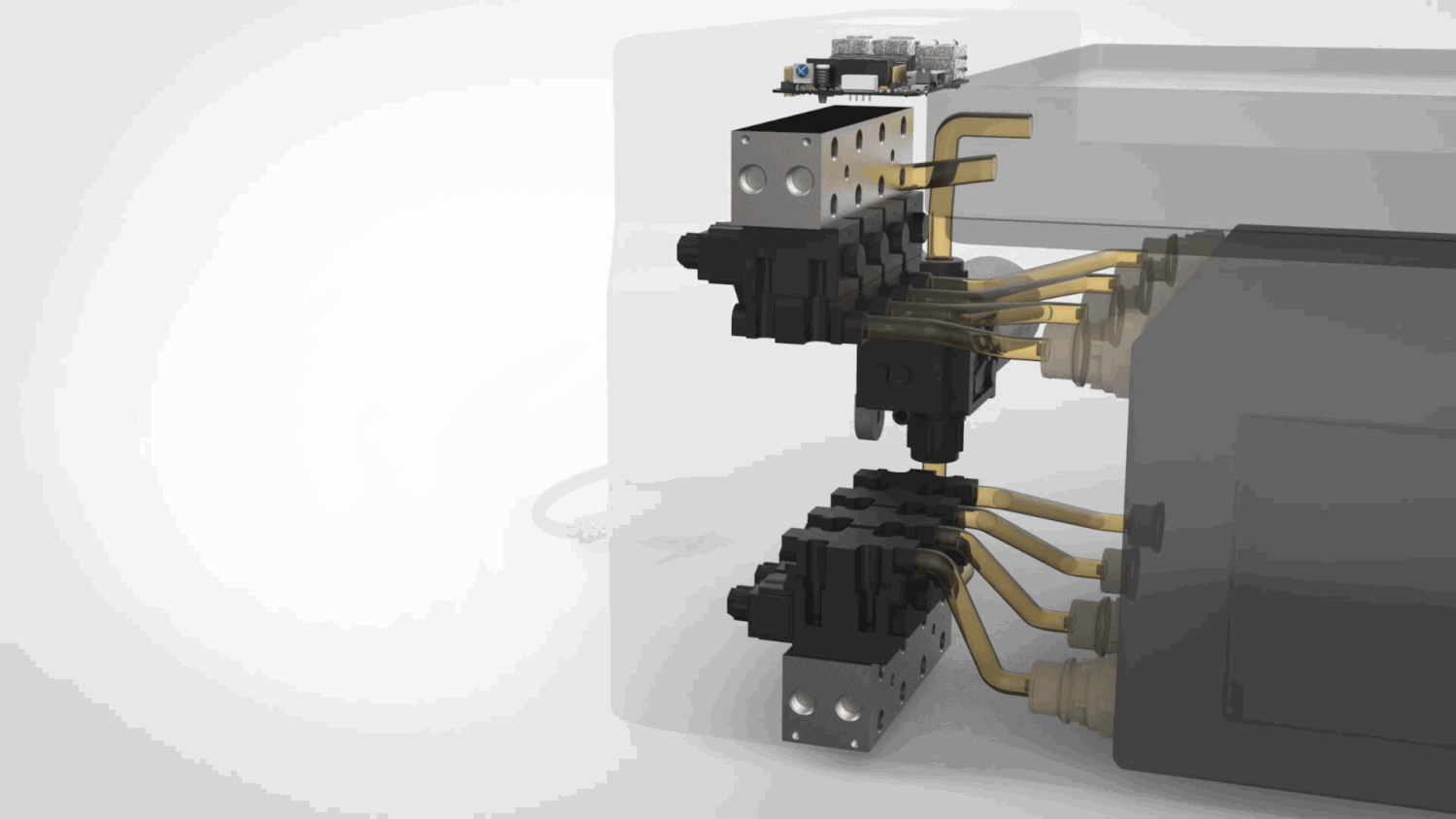
De-Light Film
An enclosed system that brings the darkroom experience into the light
Product Design
Overview
De-light Film was the thesis project of my MFA program. The whole project includes 4 stages, Preparation, Research, Design, and Implementation, spanned 4 semesters. Each student as a sole owner and designer plays the roles of a full team. From project manager to business strategist, from researcher to designer. We utilized any resources we need to succeed in each stage and deliver a comprehensive product.
Role
Market Research
Industrial Design
UX/UI Design
Prototyping
User Testing
Tools
SoildWorks
KeyShot
Adobe Suite
3D Printer
Table of Content
Introduction
Target User
Market Research
Industry Analysis
Hypothesis
System Main Features
System Structure Diagram
System Internal Structures
Gallery
Design Process
Introduction
De-Light Film is a two-product system that brings the darkroom experience into the light. It provides a simple and convenient way to make a gelatin silver print without a darkroom to enhance the creativity and enjoyment of traditional photography for novices, amateurs and prosumers. Thus, attracting more people to experience and engage in the process of creating images, memories and art with their own hands.
Target Users
The system is designed for all film photographers regardless of their skill levels. It could be an introduction for novices to get their hands on film photography or a professional tool for prosumers to produce a professional level of artwork.
Prosumer
Prosumers are advanced amateurs.
They purchase professional level equipment and want to be like a professional. They have greater acknowledge about film photography and darkroom techniques then average amateurs and really looking forward to perfecting their skills and results.
Amateur
Amateurs are people who have or had experience in film photography and the darkroom. They have knowledge of processes in the darkroom and would like to practice the craft once in a while or regularly.
Novice
Novices are people who is new to film photography or want to have experience in the process but don’t know a lot of basic knowledge of the processes.
Market Research
Today’s digital cameras are so convenient to access and easy to use. Everyone can be a photographer even with a smart phone. On the contrary, traditional photography has fallen into two user categories in a specific market: artists and hobbyists.
People who still practice traditional photography consider it as a way of self-expression. It is the slow process of taking a shot that makes traditional photography more thoughtful and valuable.
*CIPA camera production report 1953-2014
From the CIPA camera production report (1953 to 2014), we can see that since 1999, digital cameras rapidly harvested the market of the traditional photography industry.
The diminishing market of traditional photography is making it harder for manufacturers to gain profit from this industry. This lack of benefit is a significant threat to the industry. Manufacturers have gradually discontinued producing traditional cameras and reduce film product lines.
Industry Analysis
Within the whole process of traditional photography, traditional manufacturers like FUJIFILM, Kodak film, ILFORD, etc., are still providing a variety of films and film developers. FUJIFILM and Polaroid hold most of the instant camera market. New companies like Lomography and Impossible Project are providing new and interesting cameras, lenses and films so people can have fun with traditional photography.
These new companies are doing well at capturing images by providing all types of films and cameras for both professional photographers and hobbyists. But these companies don’t provide much help when it comes to processing those film images. Uses have to figure out the developing process on their own and this takes time, money and dedicated space.
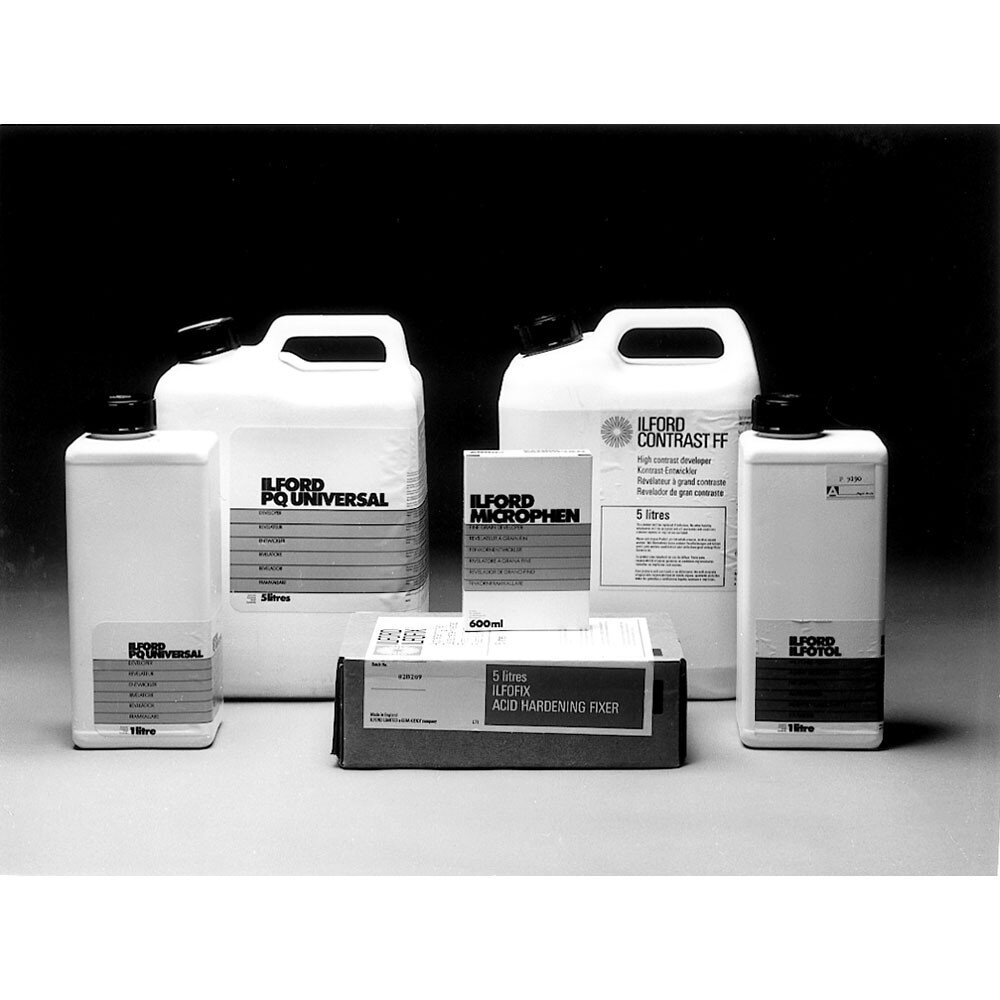






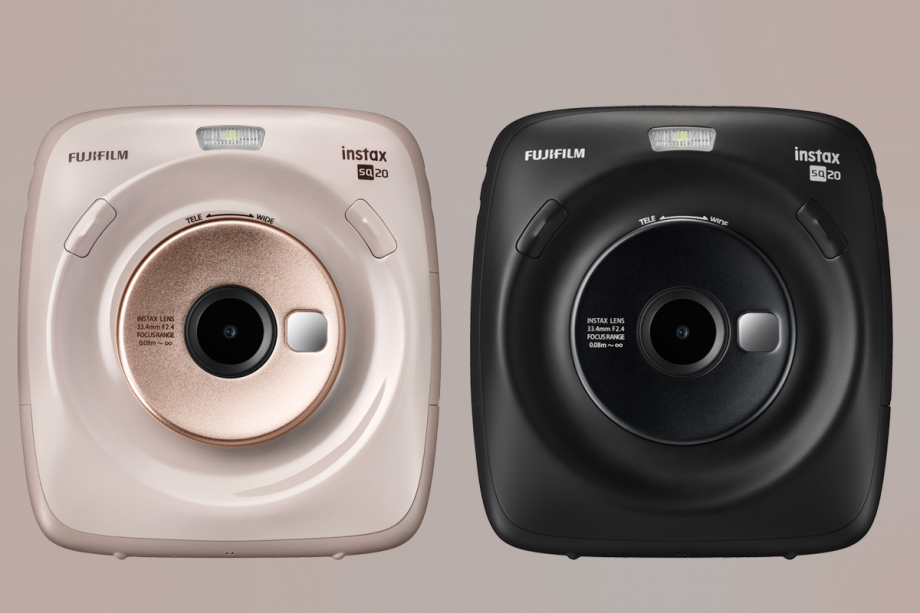
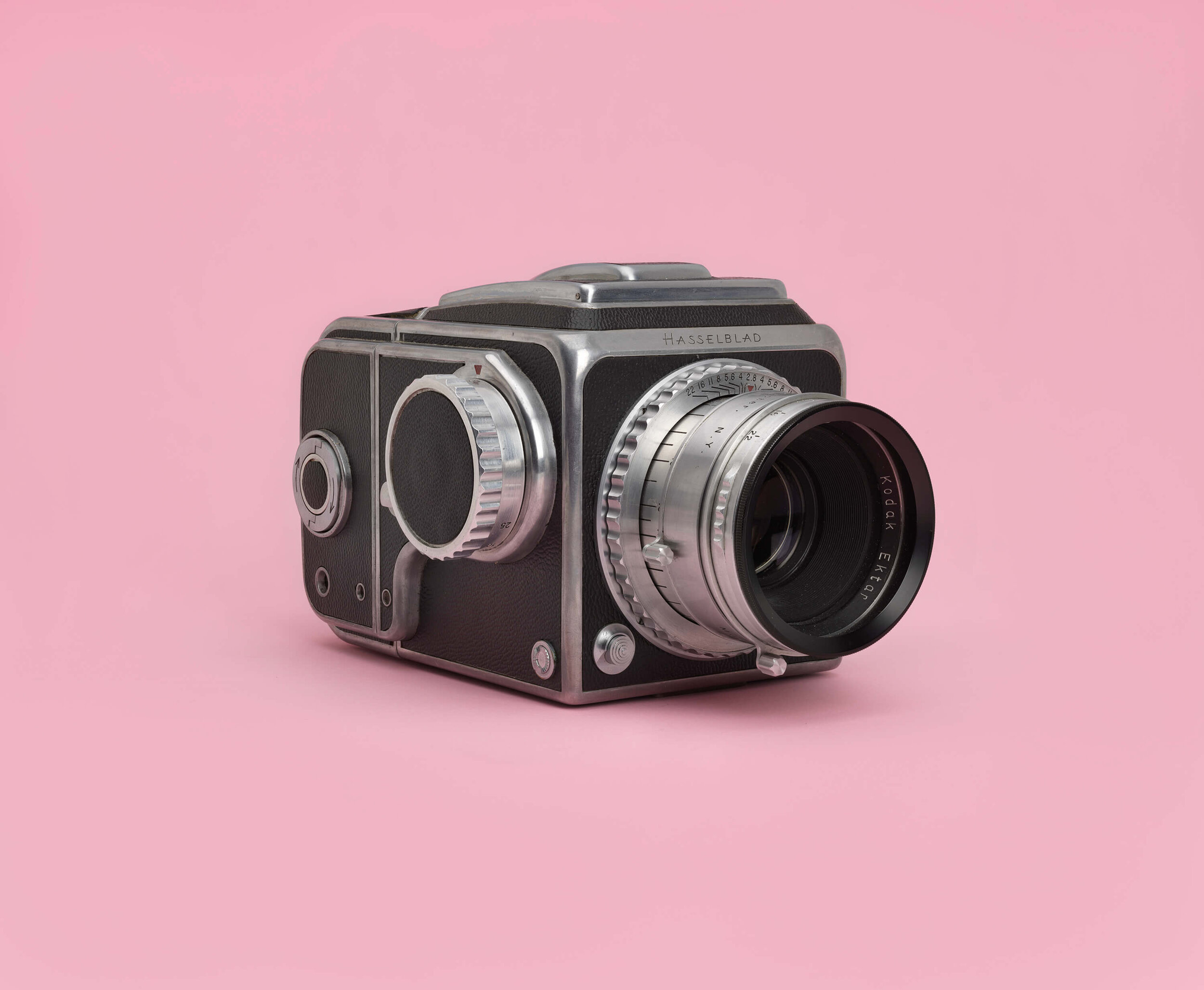
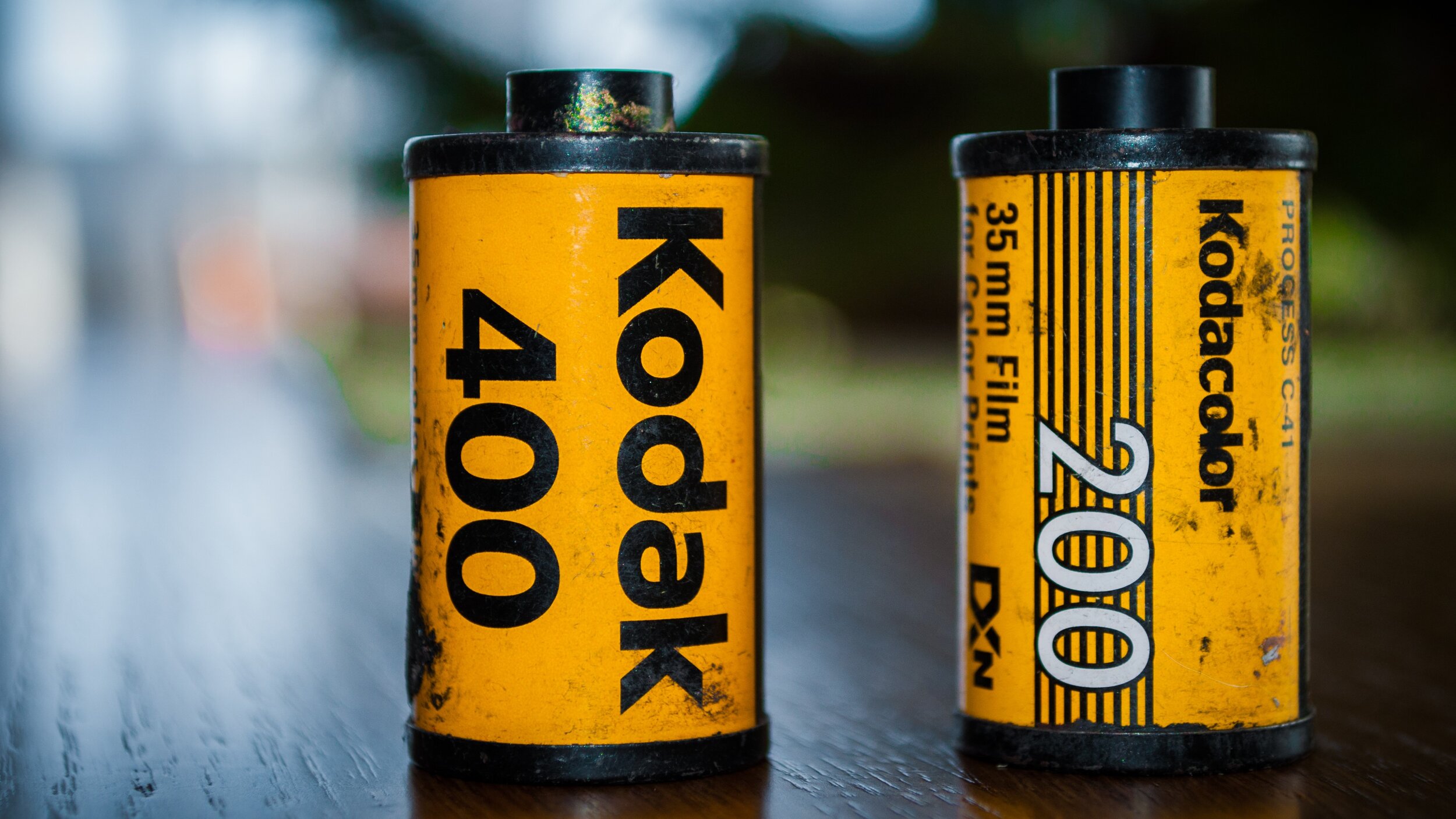
Hypothesis
If a system can increase the enjoyment of traditional photography and make it easy and fun,
then it would encourage more people to enjoy and engage in the whole process of traditional photography and help traditional photography regain a foothold in the digital world.
System Main Features
System Structure Diagram
System Structure Diagram

